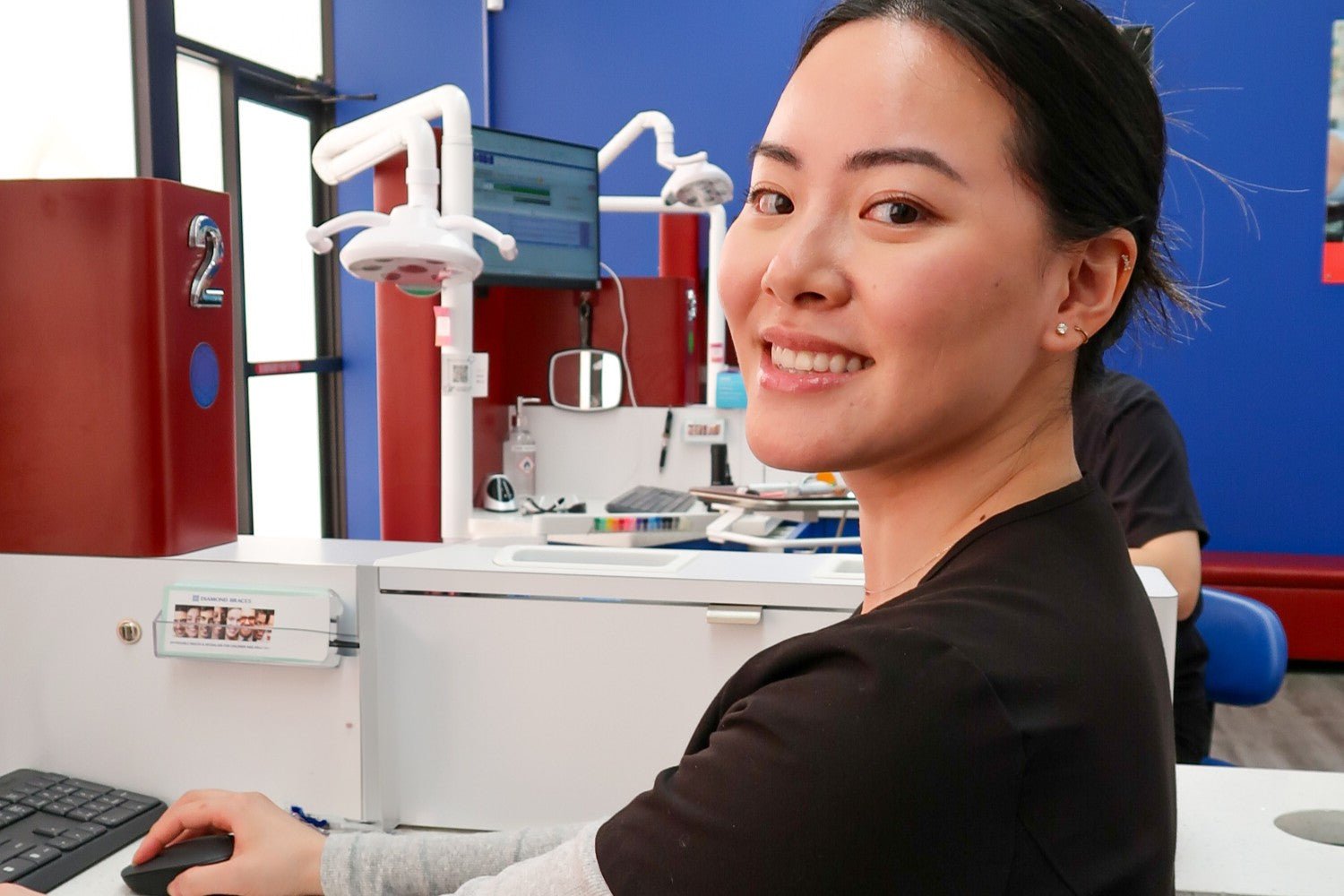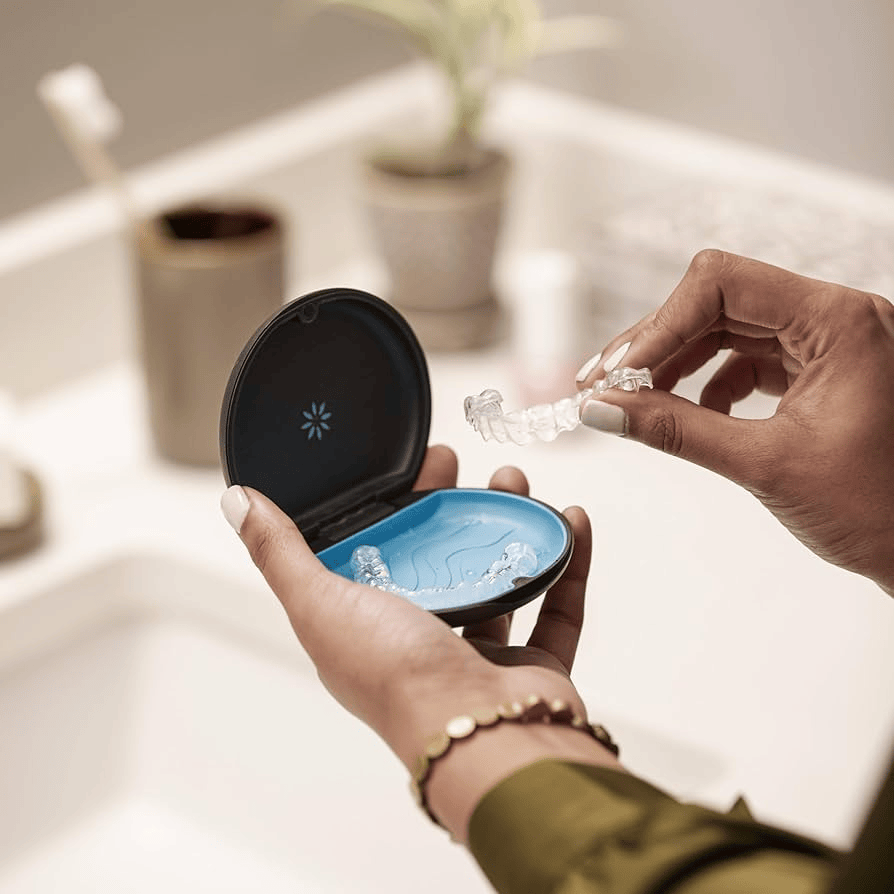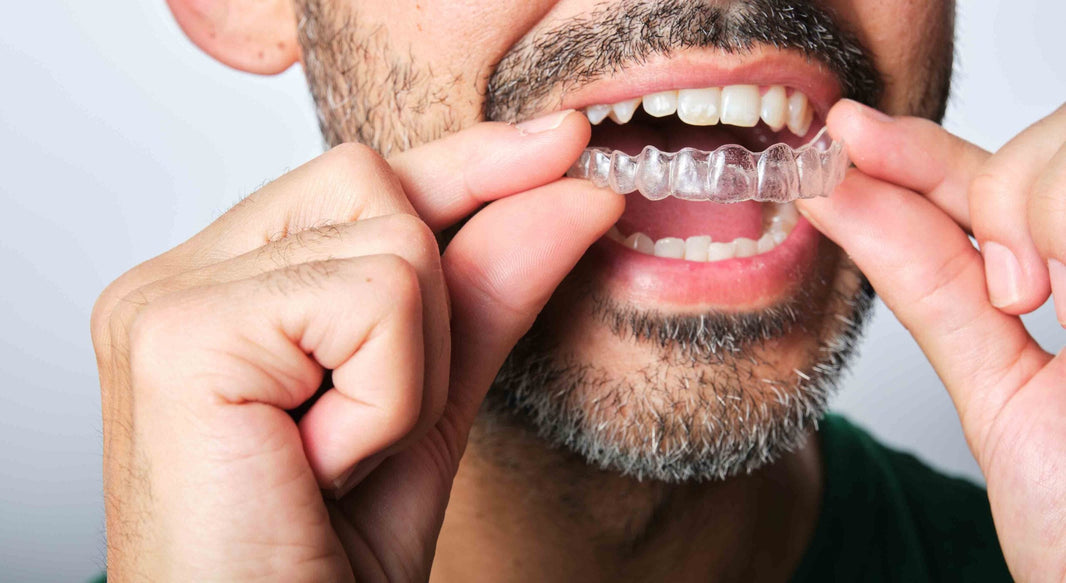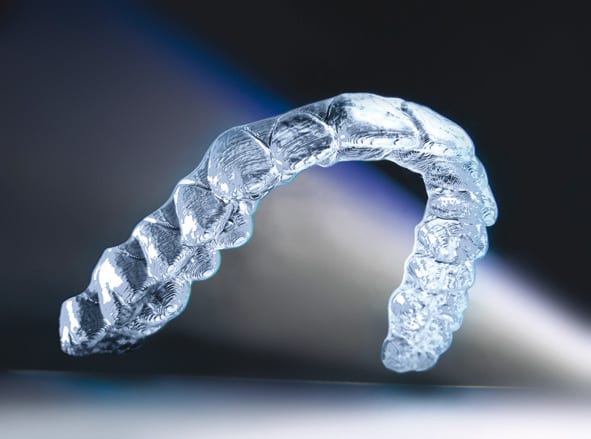Looking to stand out at your dental hygienist interview? These tips can help! In the guide below you’ll get specific advice on interviewing for a dental hygienist job – plus, you’ll find example answers and advice for common questions you’re likely to be asked during your interview.
Table of contents
CNA vs. Dental Assistant: Which Job Fits You Best?
Understanding Job Duties and Daily Responsibilities
While both roles are essential to patient care, the day-to-day work of CNAs and dental assistants differs significantly in pace, environment, and procedural involvement.
Key comparisons:
CNAs focus on tasks such as bathing, dressing, and monitoring vitals—primarily in hospital or residential care settings.
Dental assistants work in dental clinics, supporting procedures like X-rays, fillings, and orthodontic adjustments.
CNAs typically handle more physically demanding, round-the-clock responsibilities; dental assistants operate in more structured, weekday-focused environments.
Dental Assistant vs CNA Certification
CNA or Dental Assistant Job Comparison?
In most cases, dental assistants earn more than CNAs. The average dental assistant salary in the U.S. is $44,820 per year, while CNAs average closer to $35,000. Pay may vary by state, workplace setting (private practice vs. hospital), and additional credentials held.

How Are These Dental Professions Ranked?
CNAs primarily provide basic care to patients in hospitals or long-term care facilities—tasks include bathing, feeding, and monitoring vital signs. Dental assistants, on the other hand, support dentists by preparing patients, assisting with procedures, sterilizing equipment, and handling administrative duties. While both roles are patient-facing, the dental assistant role is more technical and procedural.

Orthodontic Assistant vs. Dental Hygienist
Orthodontic assistants are a specialized type of dental assistant trained to support complex orthodontic procedures. They assist with tasks like changing archwires, taking intraoral scans, and preparing bonding materials. While they work under the supervision of an orthodontist, their responsibilities require advanced chairside skills, precision, and familiarity with appliance mechanics. In contrast, dental hygienists focus on preventive care such as cleanings and periodontal maintenance, often working independently within their clinical scope. Understanding the difference in duties, autonomy, and certification requirements can help you determine which role aligns best with your long-term goals.
What Is A Dental Hygienist Salary vs An Assistant?
Top-earning dental assistants work in specialized fields like oral surgery or orthodontics, often earning $50,000–$60,000 annually with experience and certifications. However, dental hygienists earn more, averaging $77,000+ per year. Their advanced scope of practice includes teeth cleaning, fluoride application, and periodontal charting.
The Difference in Dental Hygienist Certification vs Assistant?
Dental assistants usually complete a 9–12 month certificate program, while hygienists must obtain a 2–3 year associate degree. This difference significantly affects salary, autonomy, and job responsibilities.

Dental Career Scope, Education, and Flexibility
What Are the Long-Term Career Impacts of Each Role?
While dental assistants and hygienists may work in the same office, their career paths diverge sharply over time. Hygienists tend to specialize in preventive care with more clinical autonomy and fewer administrative duties, while assistants gain a broader view of practice operations—touching everything from sterilization to scheduling. These experiences can lead dental assistants into office management, orthodontics, or even cross-train into other medical specialties.
How Much Education Do You Need to Advance?
A dental assistant can begin working after completing a short-term certificate program or on-the-job training, with optional certifications layered on over time. Hygienists, by contrast, must complete a formal associate or bachelor's degree, pass board exams, and maintain continuing education credits. For candidates weighing cost and timeline, the dental assistant route offers a faster return to the workforce—but with more limitations on clinical scope unless further credentials are pursued.
What Skills Are Needed to Be a Dental Assistant?
PLACEHOLDERThe format you choose—online, in-person, or hybrid—can significantly affect your experience and ability to balance school with work or family obligations. Each pathway offers distinct advantages depending on your learning style and schedule.
Dental Assistant Transferable Skills, Support Roles & Soft Skills
Dental assistants must demonstrate a blend of technical and interpersonal skills. Core competencies include:
Charting and electronic health record (EHR) management
Infection control and sterilization procedures
Dental anatomy and instrument identification
Communication and patient reassurance
Time management in multi-room clinical settings
These skills are transferable to roles like medical assisting, front desk coordination, and even radiology tech programs with further training.
Dental Assistant Growth Potential & Advancement
PLACEHOLDERThe format you choose—online, in-person, or hybrid—can significantly affect your experience and ability to balance school with work or family obligations. Each pathway offers distinct advantages depending on your learning style and schedule.
What Is a Step Up from Dental Assistant?
The most common advancement path is becoming an Expanded Function Dental Assistant (EFDA), allowing you to place fillings, take impressions, or apply sealants (depending on state law). Other options include:
Treatment coordinator or front office manager
Dental hygiene school for clinical advancement
Instructor or program director roles with experience
These transitions often come with higher pay, increased responsibility, and broader influence on patient care.
Dental Field Career Paths & Job Roles
PLACEHOLDERThe format you choose—online, in-person, or hybrid—can significantly affect your experience and ability to balance school with work or family obligations. Each pathway offers distinct advantages depending on your learning style and schedule.
How Do I Choose Between These Paths?
Consider the following when choosing:
Time and money: Dental assisting offers a fast, low-cost entry into the field
Scope of work: Hygienists enjoy more autonomy; assistants interact more across the practice
Work setting: CNAs work in hospitals and nursing homes; dental assistants work in private offices and clinics
Career flexibility: Assistants can pivot to roles like dental sales, education, or office management
Use a dental career guide to explore specialties like orthodontics, pediatrics, or oral surgery—each with its own set of tools, workflows, and professional culture.
Exploring Niche Roles Within Dentistry
Beyond general practice, the dental field offers specialized career tracks that align with different skills and long-term goals. Entry-level assistants and experienced professionals alike can pursue focused roles in high-demand clinical or business operations settings.
Specialties Within Clinical Dental Assisting
Many dental assistants choose to specialize after gaining chairside experience. Specialized roles often involve additional certifications and a deeper understanding of clinical protocols.
Options include:
Orthodontic Assistant – Supporting bracket adjustments, impressions, and aligner fittings.
Pediatric Dental Assistant – Managing child-focused care with behavior management skills.
Oral Surgery Assistant – Assisting with surgical setups, sedation protocols, and recovery.
Non-Clinical Roles and Operations
Some assistants transition into non-clinical roles that support the business side of dentistry. These positions draw on knowledge of patient workflows, insurance, and treatment planning.
Options include:
Treatment Coordinator – Presenting case plans and discussing payment options.
Dental Office Manager – Overseeing staff scheduling, supplies, and compliance.
Dental Software Trainer or Sales Rep – Educating teams on EHRs or selling clinical technology.
Who makes more, a dental hygienist or a dental assistant?
Dental hygienists typically earn significantly more than dental assistants. Across the U.S., the average full-time salary for a dental hygienist is around $87,530 annually or approximately $42 per hour. In contrast, full-time dental assistants earn closer to $46,540 per year, or about $22 per hour. Salaries may vary depending on location, certifications, and specialization.
Is it better to be a dental assistant or hygienist?
The better path depends on your goals. Dental hygienists tend to earn higher salaries, but the educational commitment is longer. Dental assistants benefit from shorter training programs, faster entry into the workforce, and more flexible opportunities to explore specialties, administrative roles, or certifications. Both are respected roles in dental care, with different pros and cons depending on your priorities.
What can a hygienist do that a dental assistant can't?
While both roles support the dentist and work directly with patients, dental hygienists are licensed to perform preventive procedures independently, such as cleanings, periodontal charting, and fluoride applications. Dental assistants, on the other hand, focus more on chairside support, sterilization, and administrative tasks under direct supervision.
Can you move up from dental assistant to dental hygienist?
Move From Dental Assistant to Dental Hygienist
Yes—many dental assistants choose to advance by becoming dental hygienists. To make the transition, you'll need to complete a 2- to 3-year accredited dental hygiene program, which typically leads to an associate or bachelor’s degree. With this additional education and licensure, you can expand your clinical duties and earning potential.
Can a dental assistant become a dental hygienist?
Absolutely. A dental assistant can advance to a dental hygienist by pursuing formal education through an accredited dental hygiene program. While the process requires time and commitment, it opens doors to a more independent role focused on preventive care, as well as higher pay and broader clinical responsibility.
Conclusion
Choosing between a CNA, dental assistant, or dental hygienist role depends on your short- and long-term goals. Dental assisting offers one of the quickest and most versatile entries into the healthcare space, with options to specialize or advance into administrative or clinical leadership roles. By understanding the salary differences, required skills, and education paths, you can align your career with both your interests and earning potential.






